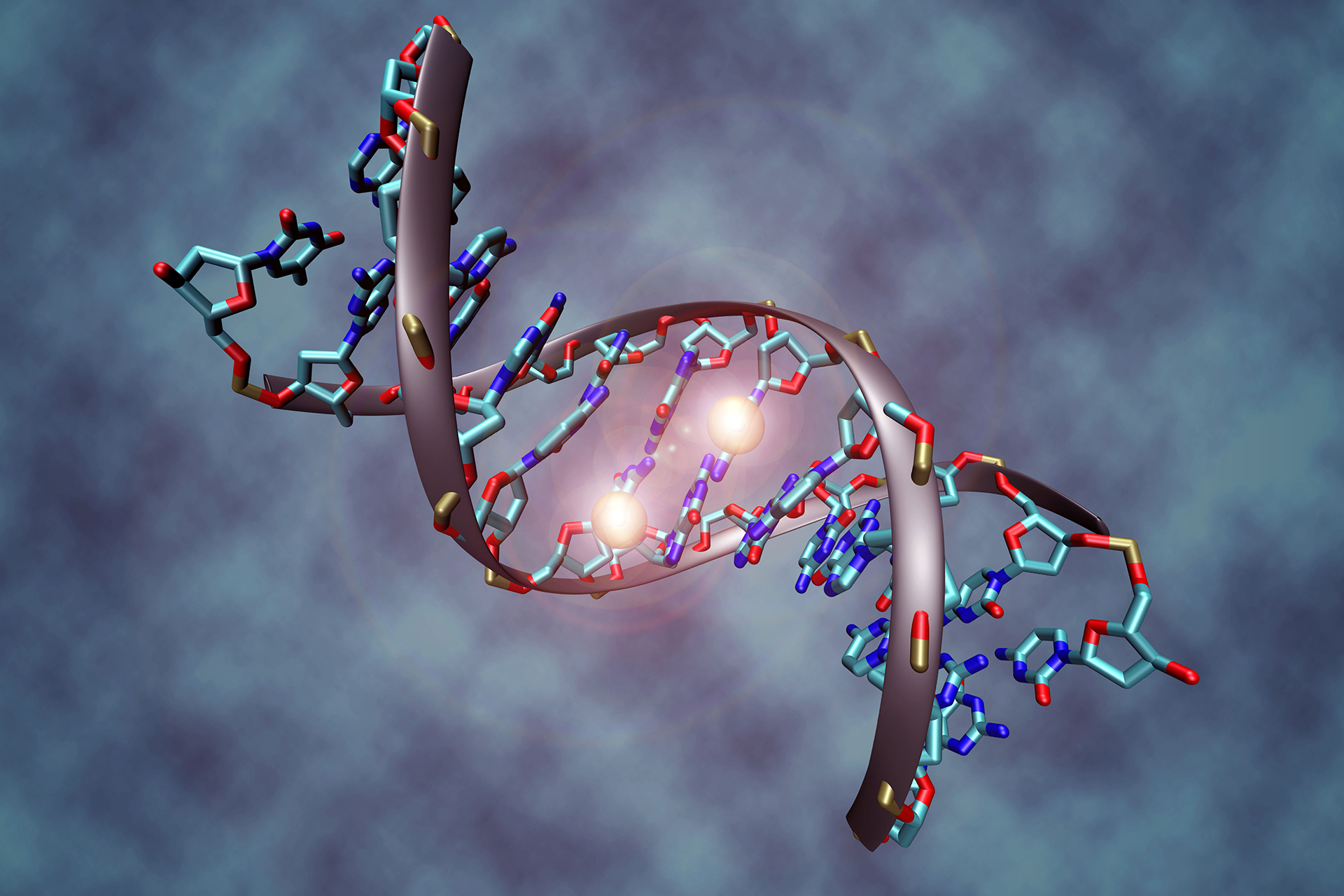Researchers have developed a simple test that could be used to screen women with suspected endometrial cancer and reduce the need for more invasive diagnostic methods.
Similar to previous tests that were developed to detect breast and ovarian cancer (see BioNews 1131), researchers at University College London (UCL) and Innsbruck's European Translational Oncology and Prevention Screening Institute in Austria, have found a way to detect epigenetic changes predicting whether a woman has endometrial cancer in cells from cervical and vaginal swabs. Endometrial cancer – affecting the lining of the womb – affects about 10,000 women in the UK each year and an early diagnosis vastly improves treatment outcomes for patients.
Professor Martin Widschwendter, from the University of Innsbruck and UCL's Department of Women's Cancer, said: 'Most importantly, using our test, far fewer women with abnormal bleeding will have to undergo invasive diagnostic procedures.'
Endometrial cancer often presents with abnormal bleeding and other symptoms, including lower back and pelvic pain, as well as pain during sex and blood in the urine. The current route to diagnosis typically starts with a transvaginal ultrasound to measure the thickness of the uterus, which is only useful in post-menopausal women and the performance of the test in black women is poor. As some women will have a thicker endometrium without cancer, false positives are also possible and lead to high numbers of unnecessary invasive follow-up procedures. The new test could offer a potentially low-cost and easy-to-access way to screen women with symptoms of endometrial cancer more effectively.
The research, published in the Journal of Clinical Oncology, used 726 cervical smear samples from women with and without endometrial cancer to identify areas of the epigenome that were most informative when trying to detect cancer. The researchers then validated their newly developed test by applying it to 562 patient samples collected by either cervical smear, vaginal swab collected by a healthcare professional or self-collection by the patients.
The test, which is named the Women's cancer risk identification – quantitative polymerase chain reaction test for endometrial cancer (WID-qEC), uses three markers to evaluate levels of DNA methylation in gene regions of GYPC and ZSCAN12. The researchers found that the test was able to correctly identify 97.2 percent, 90.1 percent and 100 percent of patients with endometrial cancer in the cervical smear group, the self-collection group and the healthcare professional collected vaginal swab group, respectively. The false positive rate of the test was also lower than for traditional tests, such as transvaginal ultrasound.
Importantly, the researchers also found that the test performance was similar across pre-, peri- and post-menopausal women, ages, stages and grades of endometrial cancer, ethnicity and histology of the cancer.
Sources and References
-
Womb cancer: New test could cut diagnosis time and reduce need for invasive diagnostic procedures
-
A simple cervicovaginal epigenetic test for screening and rapid triage of women with suspected endometrial cancer: Validation in several cohort and case/control sets
-
Tech & Science Daily: Womb cancer 2023 test breakthrough 'cuts diagnosis time'
-
New test for common cancer could save lives with faster results





Leave a Reply
You must be logged in to post a comment.